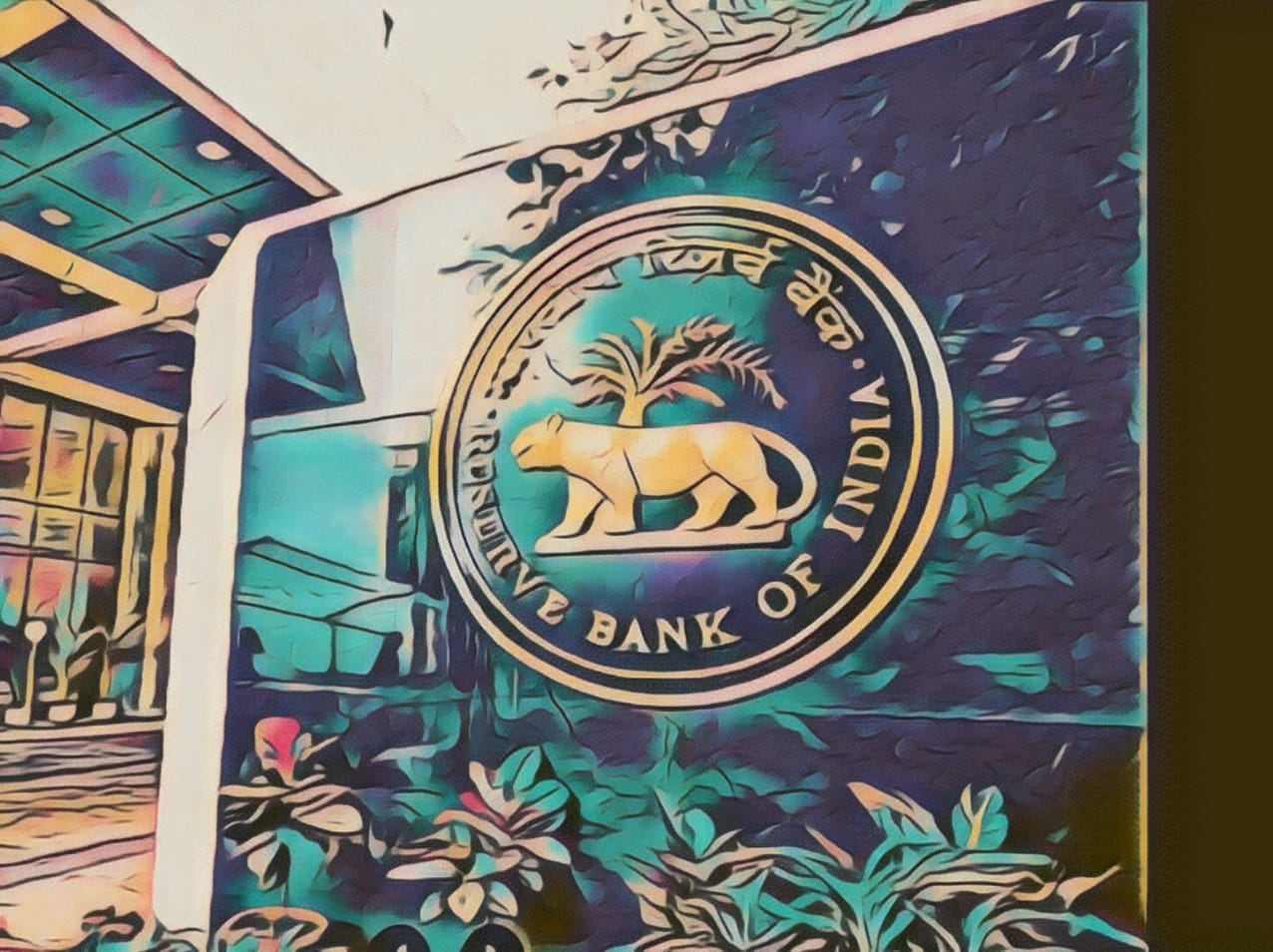
Update: RBI Clarifies Previous Ambiguities in Downstream Investment
In the Master Direction on Foreign Investment (Updated as on 20 January 2025), the RBI has clarified previous ambiguities relating to downstream investment. These changes allow foreign-owned or controlled companies (FOCCs) to more easily acquire stakes in Indian companies.
- FOCCs can acquire stakes in Indian companies via 100% stock swaps
The Foreign Exchange Management (Non-debt Instruments) Rules, 2019 (NDI Rules) regulate FDI as well as the indirect foreign investment into an Indian entity, which is conventionally termed downstream investment. Unfortunately, the NDI Rules do not provide for a comprehensive code on all regulatory aspects concerning investments by FOCCs. Given regulatory ambiguity in the NDI Rules and lack of consensus among authorized dealer banks, the practice was that an FOCC making a downstream investment via a pure swap (i.e. where the entire consideration is in the form of securities) would fall under the government approval route. This now stands changed with FOCCs being given greater flexibility to acquire stakes through share issuance and swaps under the automatic route.[1]
- FOCCs can avail 75:25 payment flexibility
Previously, FOCCs were required to make 100% payment upfront for downstream investments. This was a restriction for carrying out indemnity hold backs, for FOCCs in acquisitions. Now 25% of the total consideration can be paid on a deferred basis within a period not exceeding eighteen months from the date of the transfer agreement, so long as the share purchase/transfer agreement provides the conditions for such arrangement.[2] Downstream investment transactions will now enjoy parity with FDI transactions, in payment structuring.
- Indian investee companies can change the tenor of CCDs and preference shares
Investee companies can now change the tenor of compulsorily convertible debentures[3] and preference shares[4] issued to foreign investors, so long as (i) price/ conversion formula is determined upfront at the time of issue of such instrument (ii) price at the time of conversion should not in any case be lower than the fair value worked out, at the time of issuance of such instruments, in accordance with the NDI Rules. This will enable both the investee company and its foreign investor to address valuation concerns by delaying share conversion, if the fair value of shares falls below the conversion price at the end of the agreed tenor.
———————————————————————————————————————————————
[1] The RBI Master Direction – Foreign Investment in India (Updated as on 20 January 2025), Para 7.14.
[2] Ibid, at Para 7.9.1
[3] Ibid, at Para 4.6.1
[4] Ibid, at Para 4.7.1

